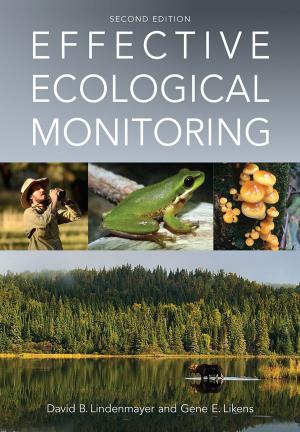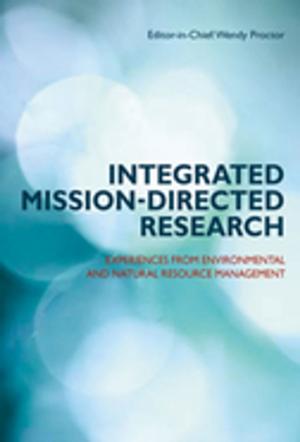Incident Management in Australasia
Lessons Learnt from Emergency Responses
Nonfiction, Science & Nature, Technology, Nature, Science| Author: | ISBN: | 9781486306190 | |
| Publisher: | CSIRO PUBLISHING | Publication: | June 1, 2016 |
| Imprint: | CSIRO PUBLISHING | Language: | English |
| Author: | |
| ISBN: | 9781486306190 |
| Publisher: | CSIRO PUBLISHING |
| Publication: | June 1, 2016 |
| Imprint: | CSIRO PUBLISHING |
| Language: | English |
Emergency services personnel conduct their work in situations that are inherently dangerous. Large incidents such as bushfires, floods and earthquakes often pose hazards that are not fully understood at the time of management, and the situation may be further complicated by the involvement of multiple agencies. To promote the safety of personnel and of the broader community, incident management skills must be constantly developed. Incident Management in Australasia presents lessons learnt from managing major incidents at regional and state levels. It is not an academic work. Rather, it is a collection of stories from professionals on the ground and others who subsequently reviewed the events and gained significant knowledge and understanding through that process. Some stories are personal, capturing emotional impact and deep reflection, and others are analytical, synthesising the findings of experience and inquests. All the stories relate to managing operational events and capture knowledge that no one person could gain in a single career. This book builds on current industry strategies to improve emergency responses. It will assist incident managers and those working at all levels in incident management teams, from Station Officer to Commissioner. It is highly readable and will also be of interest to members of the public with an appreciation for the emergency services.
Emergency services personnel conduct their work in situations that are inherently dangerous. Large incidents such as bushfires, floods and earthquakes often pose hazards that are not fully understood at the time of management, and the situation may be further complicated by the involvement of multiple agencies. To promote the safety of personnel and of the broader community, incident management skills must be constantly developed. Incident Management in Australasia presents lessons learnt from managing major incidents at regional and state levels. It is not an academic work. Rather, it is a collection of stories from professionals on the ground and others who subsequently reviewed the events and gained significant knowledge and understanding through that process. Some stories are personal, capturing emotional impact and deep reflection, and others are analytical, synthesising the findings of experience and inquests. All the stories relate to managing operational events and capture knowledge that no one person could gain in a single career. This book builds on current industry strategies to improve emergency responses. It will assist incident managers and those working at all levels in incident management teams, from Station Officer to Commissioner. It is highly readable and will also be of interest to members of the public with an appreciation for the emergency services.















